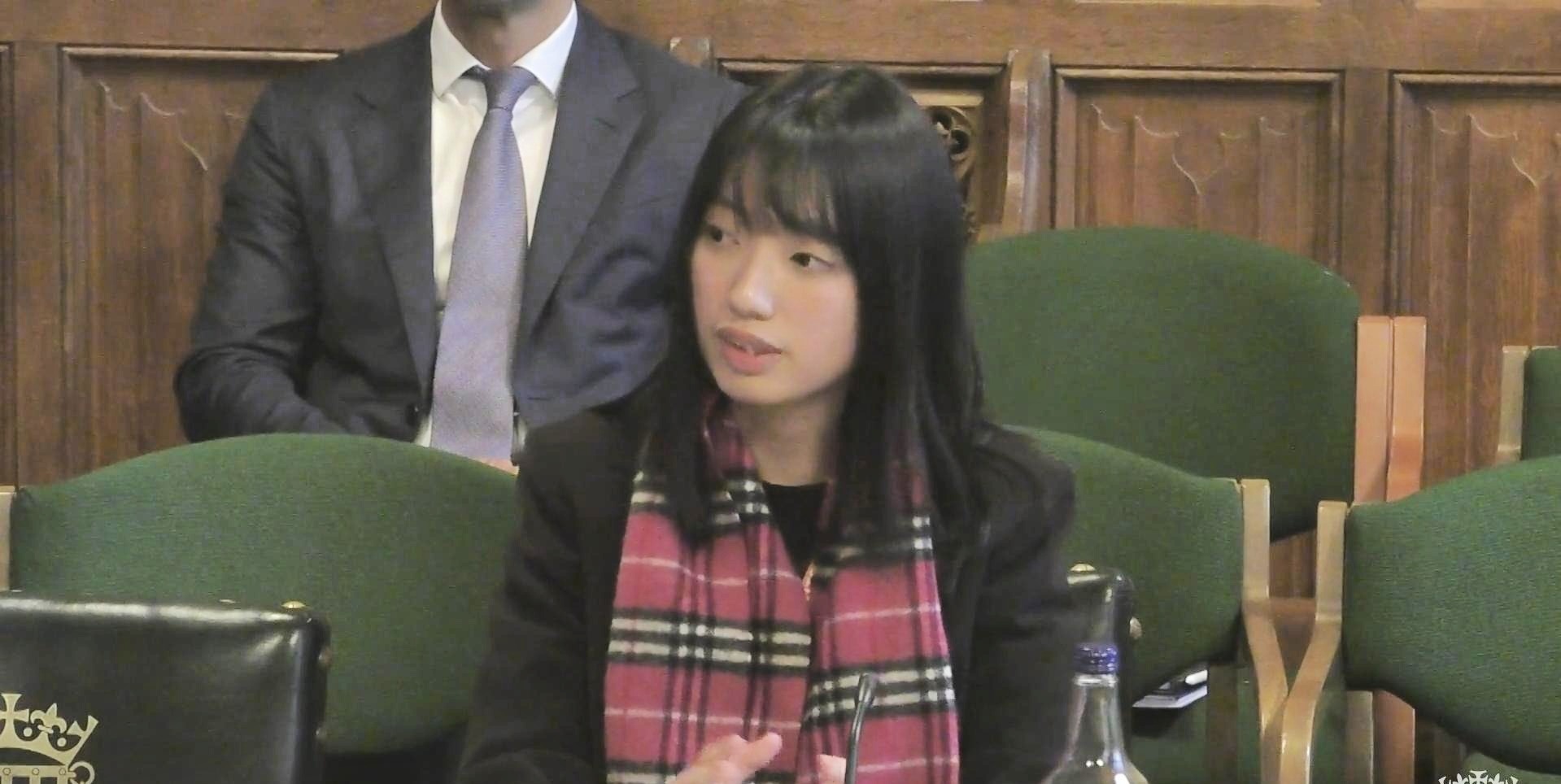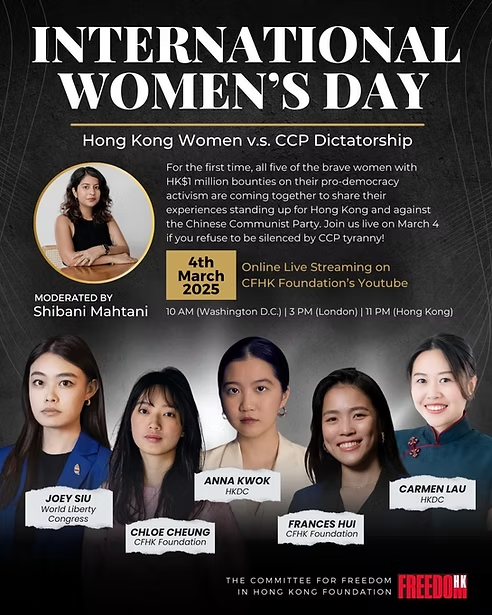This blog is authored by Dr Andreas Fulda, a lecturer at the University of Nottingham. He has lived and worked in the PRC and Taiwan for eight years. His next book ‘Germany and China. How Entanglement Undermines Freedom, Prosperity and Security’ is published with Bloomsbury.
Over the past few years, many will have noticed a growing bipartisan consensus on China. In the past, it was the money men who called the shots, but now those who advocate for national security and economic resilience vis-à-vis China seem to be gaining ground. As a result, British China policy has changed from the ‘Golden Era’ to a more assertive approach. We have been waiting a long time for this shift from naïvety to realism.
Despite welcoming a tougher approach to China, I believe that the British government has not fully considered ‘second and third order consequences’ of such a foreign policy posture. Second and third order consequences refer to indirect and long-term effects of decisions or actions. Here is an example: In March 2021, the UK, US, Canada and EU coordinated sanctions on four Chinese officials who were implicated in human rights violations in the Xinjiang – Uygur Autonomous Region. Let me be very clear: these western sanctions were the right cause of action. The western sanctions led to countersanctions by the Chinese Communist Party (CCP) against British lawmakers, lawyers, and academics.
To my surprise the British government seemed unprepared for Beijing’s retaliation. Let us not forget that the countersanctions are still in effect. They may be mostly symbolic, but for British law firms they have material consequences. And for Jo Smith Finley, the British China expert, they mean that she will probably never be able to return to China. The countersanctions threaten more than just a few parliamentarians, lawyers, and academics. The countersanctions are in fact an attack on our democratic way of life. They show that the CCP does not distinguish between the British state and civil society. Through its countersanctions the CCP has also made it clear that open societies constitute a threat to its dominance at home and abroad.
I would argue that a return to the status quo ante is impossible without concession on the Chinese side. In recent months, the Chinese party-state has launched a charm offensive to rebuild ties with the West. The countersanctions remain in place, however. Any self-respecting western government should make it clear that for any kind of re-engagement with China, they must be lifted. It is important to note that this is not about symbolism. As an example, let us look at academic cooperation. When sanctions are in place, how can we return to ‘business as usual’?
Should you agree with me that this is a good idea to make dialogue and cooperation with China conditional, I would like to add a caveat to my policy recommendation. Such a strategic posture can only be maintained by British civil society and the British state working together. In addition to reaching across political lines and working together on China, the British state and British civil society must also come together and seek common ground. It is high time that we build a democratic united front against the CCP’s autocratic united front.






